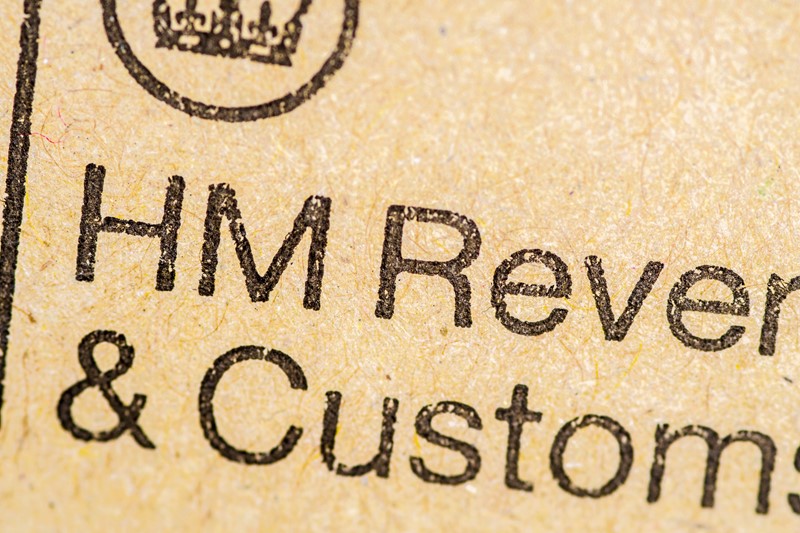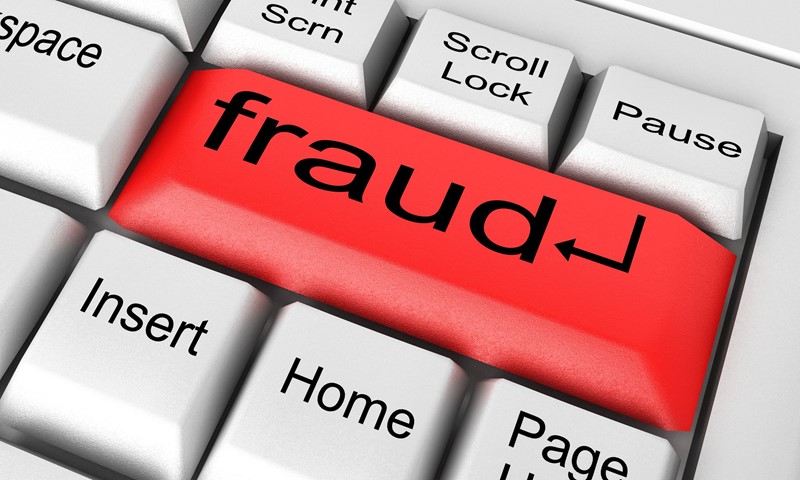The introduction of Making Tax Digital (MTD) for Income Tax Self-Assessment (ITSA) is now set to commence from April 2024. MTD for ITSA will fundamentally change the way businesses, the self-employed and landlords interact with HMRC. The regime will require businesses and individuals to register, file, pay and update their information using an online tax account. The rules will initially apply to taxpayers who file Income Tax Self-Assessment tax returns with business or property income over £10,000 annually.
General partnerships will not be required to join MTD for ITSA until a year later, in April 2025. The date other types of partnerships will be required to join will be confirmed in the future. A new system of penalties for the late filing and late payment of tax for ITSA will be aligned with the introduction of MTD for ITSA.
The MTD regime started in April 2019 for VAT purposes only when businesses with a turnover above the VAT threshold were mandated to keep their records digitally and provide their VAT return information to HMRC using MTD compatible software. From April 2022, MTD will be extended to all VAT registered businesses with turnover below the VAT threshold of £85,000.








